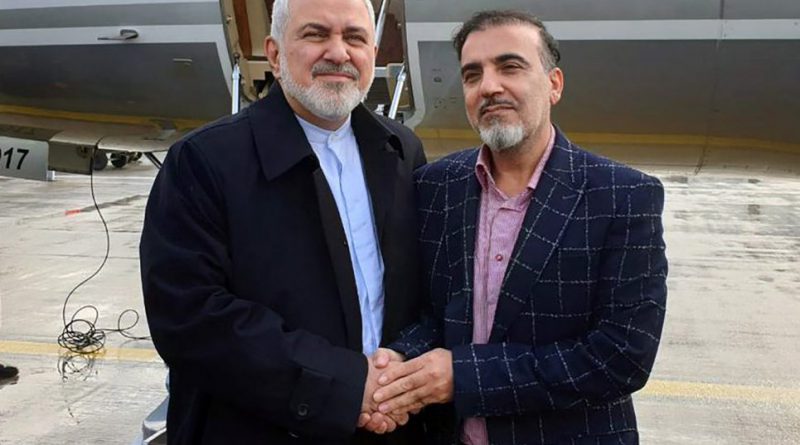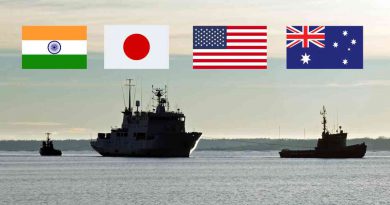United States and Iran swap prisoners in rare act of cooperation
Dubai (Reuters) – The United States and Iran each freed a prisoner on Saturday in a rare swap, an act of cooperation between two longtime foes whose ties have worsened since President Donald Trump took office.
Trump said Xiyue Wang, a U.S. citizen held in Iran for three years on spying charges, was returning to the United States. An Iranian official said that Iranian Massoud Soleimani had been freed from detention in the United States.
A senior U.S. administration official said Washington was hopeful that Wang’s release would lead to the freeing of other Americans held in Iran and was a sign Tehran is willing to come to the table to talk about other issues.
Wang appeared to be in good health and humor, he said.
Switzerland facilitated the swap and Iranian state news agency IRNA said Foreign Minister Mohammad Javad Zarif welcomed Soleimani in Zurich, where it said the swap took place. It said Soleimani was expected to return to Iran in the coming hours.
In a statement issued by the White House, Trump made no mention of the freeing of Soleimani but thanked the Swiss government for its help in negotiating Wang’s release.
“Freeing Americans held captive is of vital importance to my Administration, and we will continue to work hard to bring home all our citizens wrongfully held captive overseas,” he said.
Zarif said earlier the prisoner swap was imminent. Later he posted pictures on Twitter of himself with Soleimani talking on board an Iranian plane.
“Glad that Professor Massoud Soleimani and Mr. Xiyue Wang will be joining their families shortly. Many thanks to all engaged, particularly the Swiss government,” Zarif tweeted.
IRNA reported that Wang was released based on “Islamic clemency”.
The senior U.S. official said the release was the result of three or four weeks of intensive negotiations.
“We’re hopeful this will lead us to further success with Iran,” he told reporters in a conference call.
“I’m hopeful that the release of Mr. Wang is a sign that the Iranians are realizing that the practice of hostage-taking diplomacy really should come to an end if Iran wants to rejoin the international community,” he said.
Switzerland represents U.S. diplomatic interests in Iran, since Washington and Tehran cut diplomatic ties shortly after the 1979 Islamic Revolution in Iran.



